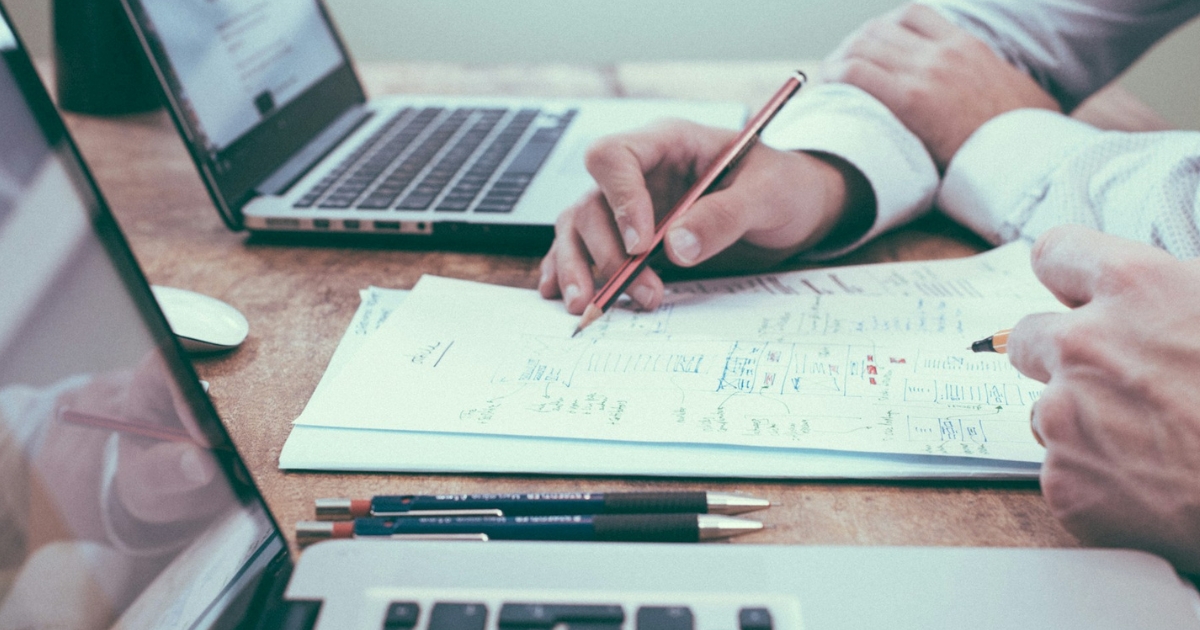Maintaining empathy with moderated screen time

Self-assessment: Dr Evita March said regretful digital footprints could be made while heading on social media in a bad mood. Photos: FILE
WHILE spending more time at home, whether solo, with a partner or family, many of us will look to our devices to reach out to friends digitally, or gauge what’s going on in the world.
Cyber psychology researcher and Federation University lecturer, Dr Evita March said it’s easy to fall into a social media trap and increase screen time, but it should be kept in moderation.
In the current climate, the news and changes to routine could already be causing a lot of stress. She added that there’s often a link between a person’s mood and their online behaviour, so increased screen time could be harmful throughout this period if a person is not in a good headspace.
“When people are in a bad mood, upset, frustrated or angry, they do tend to become more antisocial online,” she said.
“For example, there was one study that primed participants to be frustrated, and then looked at trolling and cyber abuse online. When people were frustrated, they were more likely to begin abusing others.”
In the current climate, Dr March said this is an important piece of information for anyone to be mindful of. Self-assessing social media habits might be appropriate, not only to look after yourself, but others on the other side of the screen.
“No doubt, a lot of us are frustrated now. It’s having an impact on our mood, so if we are looking for an escape, being online is not the best way we should be distracting ourselves,” she said.
“Using social media more now, when our mood is impacted negatively, it is far more likely that we’re going to use it in a way that’s not very healthy.
“With that in mind, it really is a good time to re-check your social media use because it could be an environment you’re engaging in that’s not very positive. It does link into the idea of detoxing.”

Dr March encourages smartphone owners to monitor their device’s built-in screen time calculator to see if their use has changed while in lockdown.
After a long day at home, a person could be wanting some decompression, or they may feel mentally well. Either way, Dr March said they should avoid logging onto networking apps simply as a means to “up their mood,” whether they usually have healthy digital habits or not.
“Going online isn’t the best option. We should be looking to other mechanisms. That’s the time when we should be taking the dog for a walk, gardening, doing things outside, or even a puzzle…
“Pen to paper journaling has good mental health outcomes. Write about how you’re feeling. Mindfulness activities will increase our mood. Social media is not the answer,” she said.
Overall, Dr March wants people to be weary of their own capacity to be empathetic, and how screen time can also be beneficial for connection, whether personally or professionally.
“In times where you would have just done a phone call, try a video chat. It’s something I’m really quite passionate about. Don’t just rely on messaging or getting in touch through status updates because we know empathy has such a biological component.
“Our brain is wired to mirror others we see, and the physiological basis of empathy is on our face. Seeing a face keeps you practicing empathy. Take that away, we suffer,” she said.
“Consider how many faces you’d see on a normal daily basis at work, compared to being isolated inside. We have to be active in trying to get that face-to-face time, and video chat is a really good way to do that.”
Mid-last year, Dr March presented a TEDx lecture on cyber abuse and radical empathy. Visit youtube.com/watch?v=J4-yV3pOTWM to explore more of this research.


















